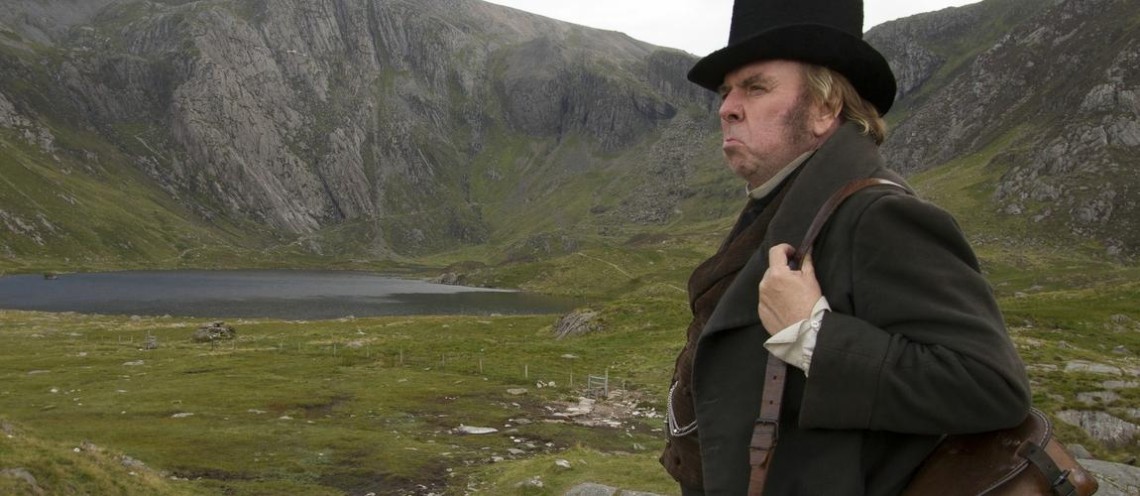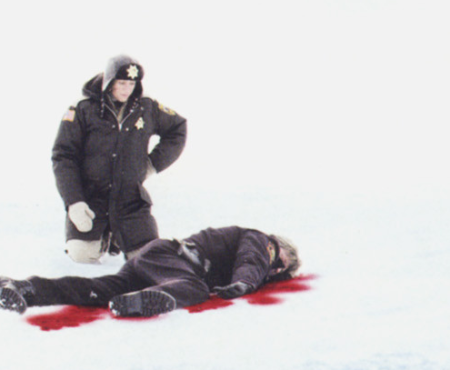Every day, Opening Acts highlights the best pieces of writing on film, television, and literature published around the Internet. Please share if you like what you see.
For your reading enjoyment …
A Film About a Film at the End of the World by Tomas Hachard. Tomas covers the bizarre aesthetic of experimental, meta-comedy La ultima pelicula.
Última película is being screened in 35mm when it opens in New York, but it was shot in a wide range of formats, from 16mm to HD and on an iPhone. These are presented to us in shifting aspect ratios, which become another tool that Peranson and Martin use to destabilize our sense of reality and our notion of what the film is about.
The Controversy Over ‘Selma’ Shows Why You Shouldn’t Fact-Check Movies by Elaine Teng. Teng makes the argument that the truth behind a film should not cloud viewers’ judgments upon the film’s cinematic value.
Movies, like all works of fiction, require a suspension of disbelief, even if they are based on someone who really existed. They are made to entertain, to appeal to emotion, and to tell a compelling story—even if that story is not the whole truth.
How Tech Has Shaped Film Making by Charles Matthau. Charles surveys contemporary technology’s impact on various aspects of cinema.
Technology’s greatest impact is perhaps felt in new cameras that allow cinematographers to shoot in a higher definition, letting viewers take in more of the amazing work in set design. Technology also drives entire segments of film now, enabling movies that were not possible before.
‘Mr. Turner’ stretches the canvas of cinema by Ty Burr. Ty praises the meticulously detailed atmosphere that affords Mike Leigh’s new film in bringing its viewers to Victorian England.
By scrupulously sticking not just to the accuracies of Turner’s life as we know them but to the tiniest of details, the chipped mugs on kitchen tables, the pantaloons on a passing merchant, the spray of storm surf across the bow of a ship, Leigh wants us to truly see the world Turner moved through.
Georgia: Catching a New Wave of Cinema by Paul Rimple. Rimple reports upon Georgia’s film history and current state.
With two films short-listed for an Oscar, one of which is also up for a Golden Globe, Georgian directors have risen from the ashes of a collapsed film industry, showing that even with limited resources it is possible to make world-class films.




















